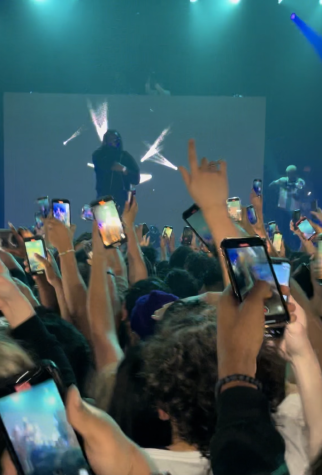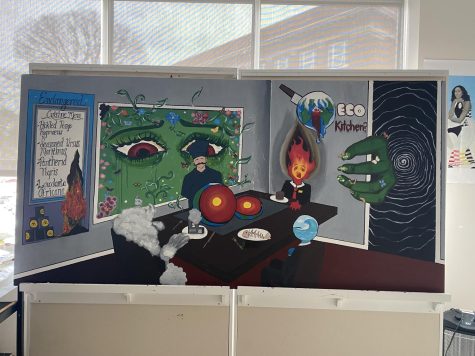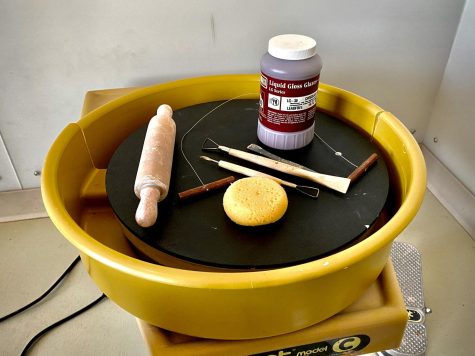It’s a crazy world out there, but music can make you feel good
March 25, 2023
One of the biggest roles in teenagers’ lives is music. Here at Roosevelt everyone has their own taste, when it comes to music. It’s a reoccurring tool they use in their everyday life, either to cope with their emotions or just to enjoy it. Music has always had different purposes, either for religion, to express how people feel, or to recall certain events that have happened.
“The effect that music has on children and adolescents can be quite strong,” according to the American Academy of Child and Adolescent Psychiatry, adding that young people typically listen to music for 2.5 hours a day, a number that “has continued to increase over the years.”
Students use music to cope with things going on around them in everyday life, to help deal with the variety of emotions they are experiencing.
“Yeah, especially in a stressful moment it can calm you down,” sophomore Andrew Thomas said.
Students use music for a multitude of reasons and to fill different sets of needs.

“I listen to music because I like the different beats, and throughout the day it helps me focus and keeps me feeling good – and sometimes it even helps me fall asleep,” sophomore Lisania Lemus said.
Although students use music in similar ways, they have a wide variety of tastes. Many listen to rap because it is a trend, but the more students you ask, the wider variety of genres you get: reggaeton, R&B, Latin trap, blues, pretty much everything but opera.
Lemus summed up the attachment teens feel towards music: “I listen to music because it makes me happy. All the melodies and lyrics that I can relate to brings me a sense of joy and belonging, like I’m in my own world, you know like, it feels good.”









